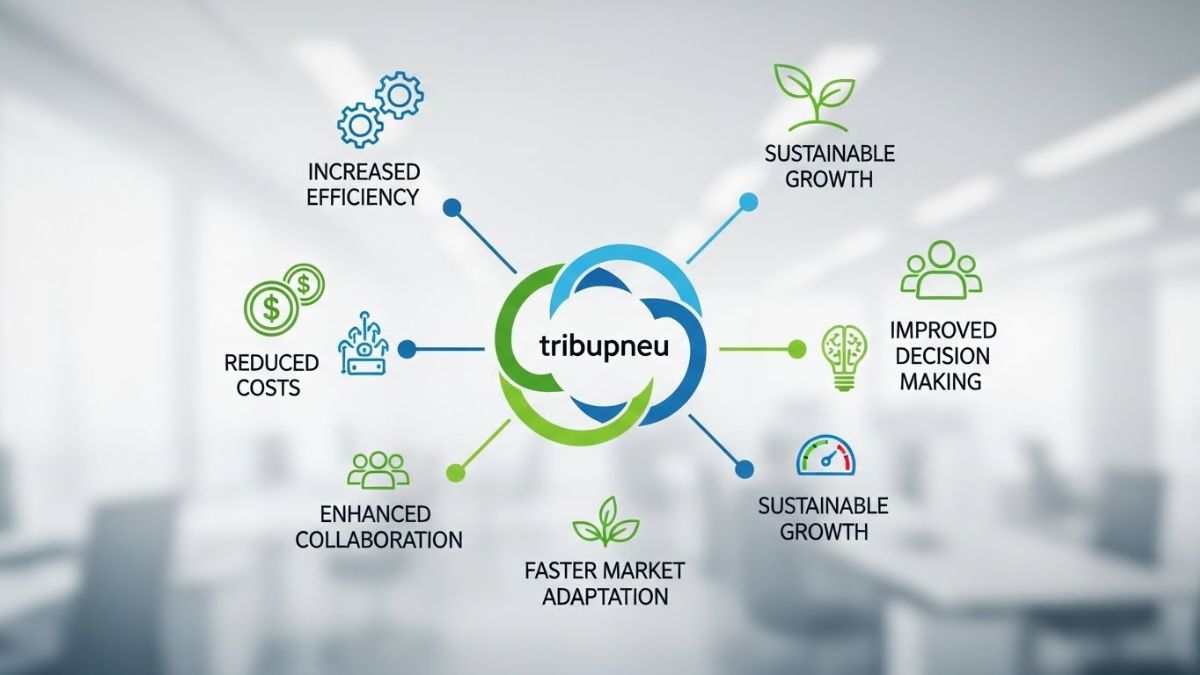Assessing your website’s search engine performance is crucial for ensuring it reaches its full potential. Without regularly checking how your site ranks and performs, you might miss out on opportunities to improve traffic and visibility. A solution like an SEO report card tool can simplify this process by providing clear insights into your site’s strengths and weaknesses. By understanding how your site is performing, you can make informed decisions to boost its search engine rankings. In this article, we’ll dive into how to assess your website’s search engine performance and how you can take action to improve it.
What is Search Engine Performance?
Search engine performance refers to how well your website ranks and appears on search engine results pages (SERPs). It involves factors like keyword rankings, organic traffic, and how often your site gets clicked on. Essentially, it’s a measure of how effectively your website attracts and engages visitors through search engines.
Why Assessing Performance is Crucial for Your Website
Assessing your website’s performance helps you identify areas that need improvement, ensuring you’re not missing out on valuable traffic. By understanding what’s working and what’s not, you can fine-tune your SEO strategy for better results. Regular assessments keep your site competitive, allowing you to adapt to changes in search engine algorithms and user behavior.
Key Metrics to Track When Assessing Performance
When assessing your website’s search engine performance, focusing on key metrics will help you understand how well your site is doing and where improvements are needed. Here are the essential metrics you should keep an eye on:
Website Traffic
Website traffic is a clear indicator of how many visitors are coming to your site. Tracking both overall traffic and specific sources (like organic search) can help you understand which channels are most effective. A drop in traffic might signal issues that need attention, such as poor rankings or technical problems preventing users from accessing your site.
Organic Search Rankings
This metric tracks where your website ranks for important keywords in search engine results. Higher rankings generally lead to more visibility, which increases the chances of attracting visitors. Monitoring keyword rankings can help you identify trends, such as which keywords are gaining traction or if any key terms are slipping in position.
Click-Through Rate (CTR)
CTR measures how often people click on your site when it appears in search results. A high CTR indicates that your title tags and meta descriptions are compelling and relevant to users. If your CTR is low, it could mean that your meta descriptions or headlines aren’t grabbing attention, and improvements in these areas can drive more clicks.
Bounce Rate
Bounce rate shows the percentage of visitors who leave your site after viewing only one page. A high bounce rate often indicates that users aren’t finding what they’re looking for or that your page isn’t engaging enough. Lowering your bounce rate involves improving content quality, page speed, and the overall user experience to encourage visitors to stay and explore more.
Conversion Rate
Conversion rate tracks how many visitors complete a desired action, such as making a purchase or signing up for a newsletter. A good conversion rate means your site is successfully turning traffic into real value. If your conversion rate is low, it could point to issues with your calls-to-action, user experience, or the relevancy of your content.
How to Use Tools for Assessing Your Website’s Performance
Using the right tools is key to efficiently assessing your website’s search engine performance. Here are some popular tools that can help you track important metrics and gain insights into your site’s health:
Google Analytics
Google Analytics is a free, powerful tool that tracks overall website traffic and user behavior. It provides detailed reports on where your visitors are coming from, which pages they visit, and how long they stay. You can use Google Analytics to track specific goals, such as conversions, and identify any pages with high bounce rates or low engagement that might need optimization.
Google Search Console
Google Search Console is another free tool that focuses on search engine performance, offering insights into how Google views your site. It shows which keywords are driving traffic, their average position, and any crawl issues that could affect your rankings. It also helps you monitor your pages’ performance in the search results and alerts you to any errors or penalties that could impact your SEO efforts.
SEMrush
SEMrush is a comprehensive SEO tool that tracks keyword rankings, competitors’ performance, and backlinks. It gives you detailed reports on how your site ranks for specific terms and what changes in ranking may have occurred. With SEMrush, you can analyze your competitors to see what they’re doing right, allowing you to adjust your strategy and improve your performance.
Ahrefs
Ahrefs is another popular tool for SEO analysis, especially useful for tracking backlinks and understanding the health of your website’s link profile. It helps identify opportunities to build high-quality backlinks that can boost your rankings. Ahrefs also provides data on keyword rankings and organic search traffic, making it a great tool for monitoring your site’s SEO performance over time.
Moz Pro
Moz Pro offers a suite of tools for tracking keyword rankings, analyzing backlinks, and auditing your site’s on-page SEO. It provides detailed reports on what’s working and what needs improvement, helping you optimize your site’s SEO strategy. The tool also includes a feature for tracking domain authority, which is an important metric for assessing your website’s overall credibility and potential to rank well.
Interpreting the Data and Making Sense of It
Interpreting SEO data can be tricky, but focusing on trends rather than isolated numbers is key. For example, if your traffic is down, try to figure out which pages are affected and whether it’s a result of a ranking drop or technical issues. Understanding the context behind the data helps you pinpoint the right actions to improve your website’s performance.
Improving Your Performance Based on Your Findings
Once you’ve identified areas for improvement, focus on strategies like optimizing underperforming pages or boosting your backlink profile. Regularly updating content, improving page load speeds, and fixing technical issues can also have a significant impact. The goal is to implement changes that align with both your data insights and your audience’s needs for better results.
Conclusion
In conclusion, regularly assessing your website’s search engine performance is key to staying ahead in the competitive online space. By tracking key metrics and using tools like an SEO report card tool, you can gain valuable insights into what’s working and what needs improvement. With the right approach and ongoing adjustments, you can boost your site’s rankings, drive more traffic, and ultimately achieve greater success.











